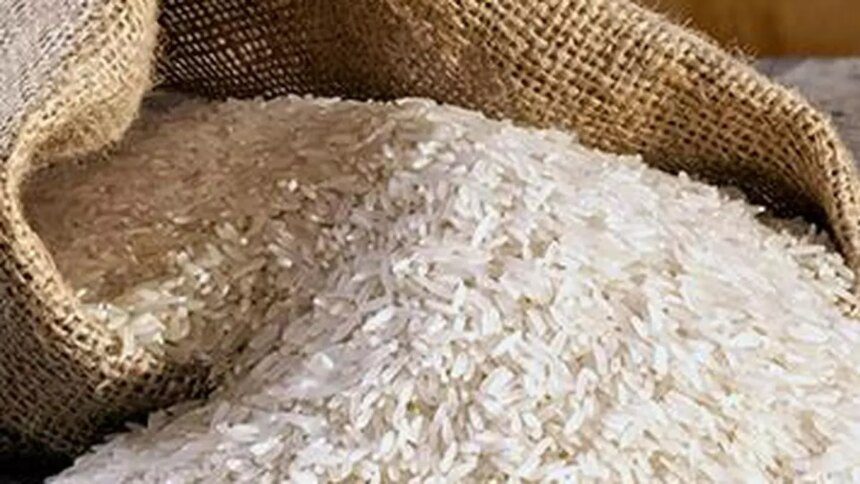The number of rejected non-basmati rice consignments shipped by India to the European Union (excluding the UK) due to higher than permitted pesticide residues has seen a significant increase from 3 in 2020 to 37 in 2024. In contrast, the rejection of Pakistani non-basmati rice consignments has decreased from 54 in 2020 to 2 in 2024, as per industry sources.
“This is a concerning issue, especially since the government stated that no consignments have been rejected due to aflatoxin in exports from Andhra Pradesh and Tamil Nadu,” noted a trade source, emphasizing the need for analysis and solutions to address the problem.
According to data from the Agricultural and Processed Food Products Export Development Authority (Apeda), India exported 47,888 tonnes of non-basmati rice to EU countries (worth $29.7 million) during April-December of the current fiscal year, compared to 65,770 tonnes (worth $38.23 million) in the entire 2023-24 fiscal. India also exported 66,236 tonnes in 2020-21.
On the other hand, Pakistan’s non-basmati rice exports to EU countries are relatively low compared to its total export volume of 5.25 million tonnes in 2023-24. Pakistan’s major non-basmati rice export destinations include Indonesia, Malaysia, Afghanistan, Kenya, Senegal, and the Philippines. The UK imported approximately 0.1 million tonnes of non-basmati rice from Pakistan, Italy imported over 60,000 tonnes, and Belgium imported more than 56,000 tonnes in 2023-24.
With India resuming its non-basmati rice exports, Pakistan is aggressively working to maintain its market share, especially with compliance to strict Maximum Residue Limits (MRLs) being just one aspect.
India’s Directorate-General of Foreign Trade (DGFT) has enforced a mandatory “Certificate of Inspection” for basmati rice and non-basmati rice exports to the EU since 2018. However, there are instances where shipments from India are allowed without this certificate, possibly due to customs’ lack of awareness or doubts about the issuing authorities’ credibility.
To ensure the future growth of India’s non-basmati rice shipments, foreign trade analyst S Chandrasekaran emphasized the importance of enforcing DGFT notifications by the Export Inspection Agency and Customs, especially with the increasing digitization efforts in the EU and UK to enhance industry competitiveness.
In terms of aflatoxin detection, the government reported a few cases in rice consignments exported from India to the EU through the Rapid Alert System for Food and Feed (RASFF). Cases of aflatoxin detection in consignments increased from 1 in basmati rice and none in non-basmati rice in 2020 and 2021 to 3 in basmati rice and 4 in non-basmati rice in 2024.
The government highlighted that the EU has its own MRLs for pesticides, which are often stricter than those set by the Food Safety and Standards Authority of India (FSSAI). To ensure compliance with these standards, state agriculture departments and agriculture universities conduct programs to educate growers on good agricultural practices and the judicious use of agro-chemicals.
Overall, addressing issues related to pesticide residues and aflatoxin detection in rice exports will be crucial for India to maintain and expand its market share in the EU, especially as competition from countries like Pakistan remains strong.










